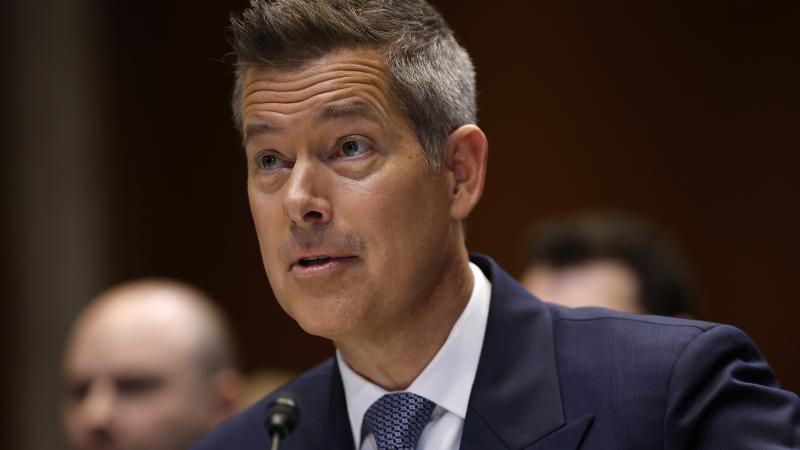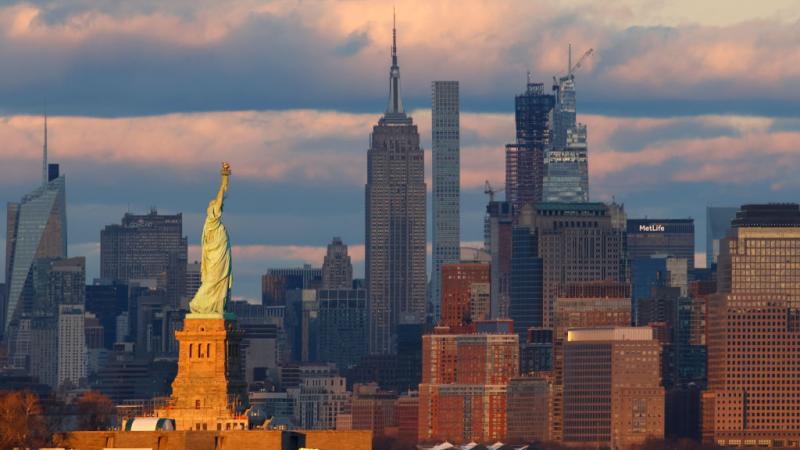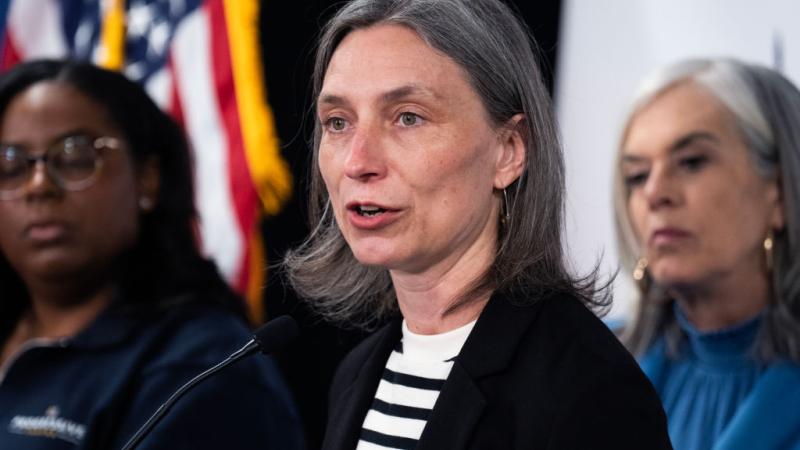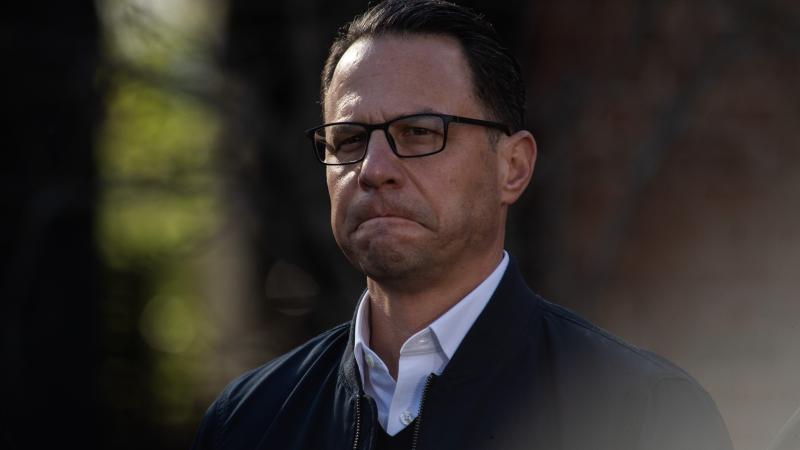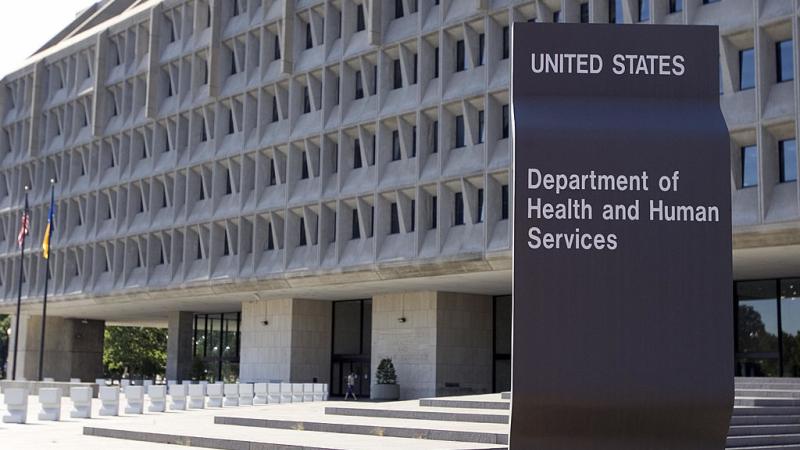Department of Transportation to require airlines compensate stranded passengers
The department's planned rulemaking process would make passenger compensation and amenities mandatory.
The U.S. Department of Transportation said Monday it will launch a new rulemaking process to require airlines provide compensation and cover expenses for stranded passengers.
"When an airline causes a flight cancellation or delay, passengers should not foot the bill," U.S. Transportation Secretary Pete Buttigieg said in a statement. "This rule would, for the first time in U.S. history, propose to require airlines to compensate passengers and cover expenses such as meals, hotels, and rebooking in cases where the airline has caused a cancellation or significant delay."
The rulemaking will address compensation for passengers when there is a controllable airline cancellation or significant delay; a meal or meal voucher, overnight accommodations, ground transportation to and from the hotel, and rebooking for controllable delays or cancellations; timely customer service during and after periods of widespread flight irregularities; and it will define what constitutes a controllable cancellation or delay.
The 10 largest airlines guarantee meals and free rebooking. Nine guarantee hotel accommodations. One guarantees frequent flyer miles and two airlines guarantee travel credits or vouchers in the case of significant delays or cancellations caused by something within the airline’s control, such as a mechanical issue. No airline guarantees cash compensation when an airline issue causes the significant delay or cancellation.
The department's planned rulemaking process would make passenger compensation and amenities mandatory.
Airlines for America, a lobbying group for airlines, said its members plan to work with the government "to ensure U.S. airspace remains the safest airspace in the world while supporting robust marketplace competition that provides transparency and vast options for consumers."
"U.S. airlines have no incentive to delay or cancel a flight and do everything in their control to ensure flights depart and arrive on time – but safety is always the top priority," Airlines for America said in a statement. "We have the safest air travel system in the world because we never compromise on safety."
The group said weather is a major cause of disruptions. It said that in 2022, more than half of flight cancellations were due to extreme weather.
"Thus far in 2023, the majority of flight cancellations have been because of ATC outages and severe weather," the group said. "Carriers have taken responsibility for challenges within their control and continue working diligently to improve operational reliability. This includes launching aggressive, successful hiring campaigns for positions across the industry and reducing schedules in response to the FAA’s staffing shortages. In 2022, carriers reduced their schedules by about 15% to alleviate pressure on the National Airspace System (NAS), and U.S. airlines are currently accommodating record demand while operating 10% fewer flights than in 2019 to reduce pressure on the system."


